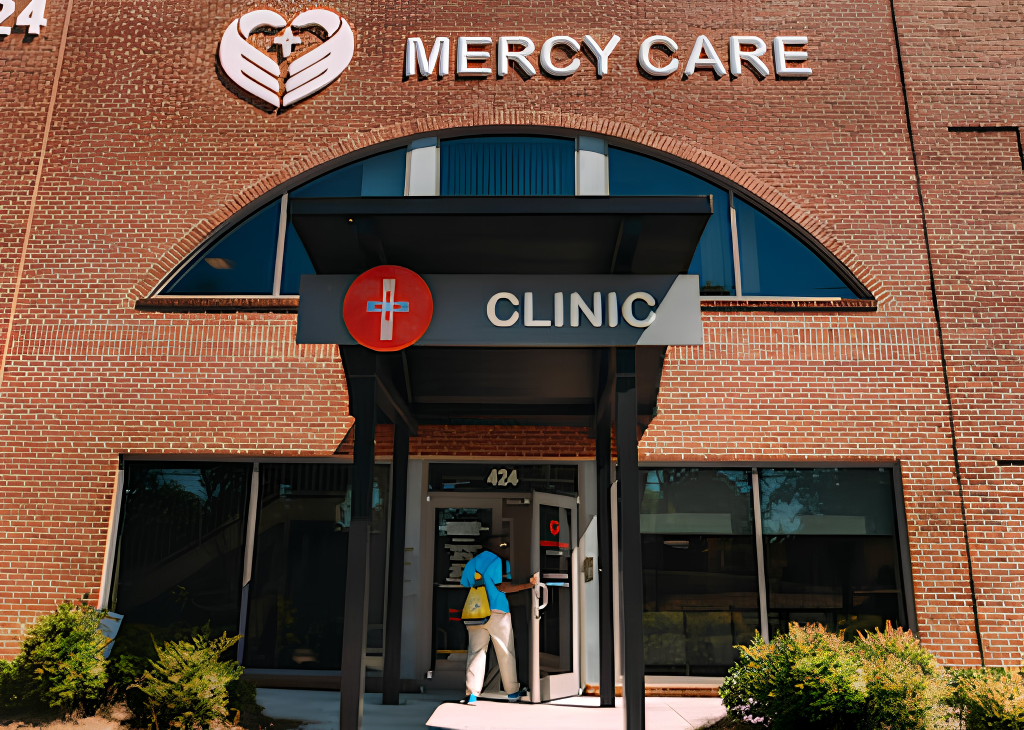Services & Programs
You are welcome.
Mercy Care offers medical, dental, behavioral health and vision services, all in one place. Everyone is welcome, no matter your insurance or income. Walk-ins are welcome at all clinics.
Pediatric Medical Care
Care for children 0 – 18 to grow and thrive.
Available at:
Dental Care
Healthy smiles for children and adults.
Available at:
Vision Care
Eye care for children and adults to see clearly.
Available at:
Pharmacy
For Mercy Care patient prescriptions only.
Phone: (404) 439-0949
Mon: 8:30am-5:00pm
Tue: 8:30am-5:00pm
Wed: 8:30am-5:00pm
Thu: 8:30am-5:00pm
Fri: 8:30am-3:00pm
Sat-Sun: Closed
Walk-ins are welcome at all clinics.

Mercy Care Pharmacy
For Mercy Care patient prescriptions only.
Hours
Monday
8:30am-5:00pm
Tuesday
8:30am-5:00pm
Wednesday
8:30am-5:00pm
Thursday
8:30am-5:00pm
Friday
8:30am-3:00pm
Saturday-Sunday
Closed